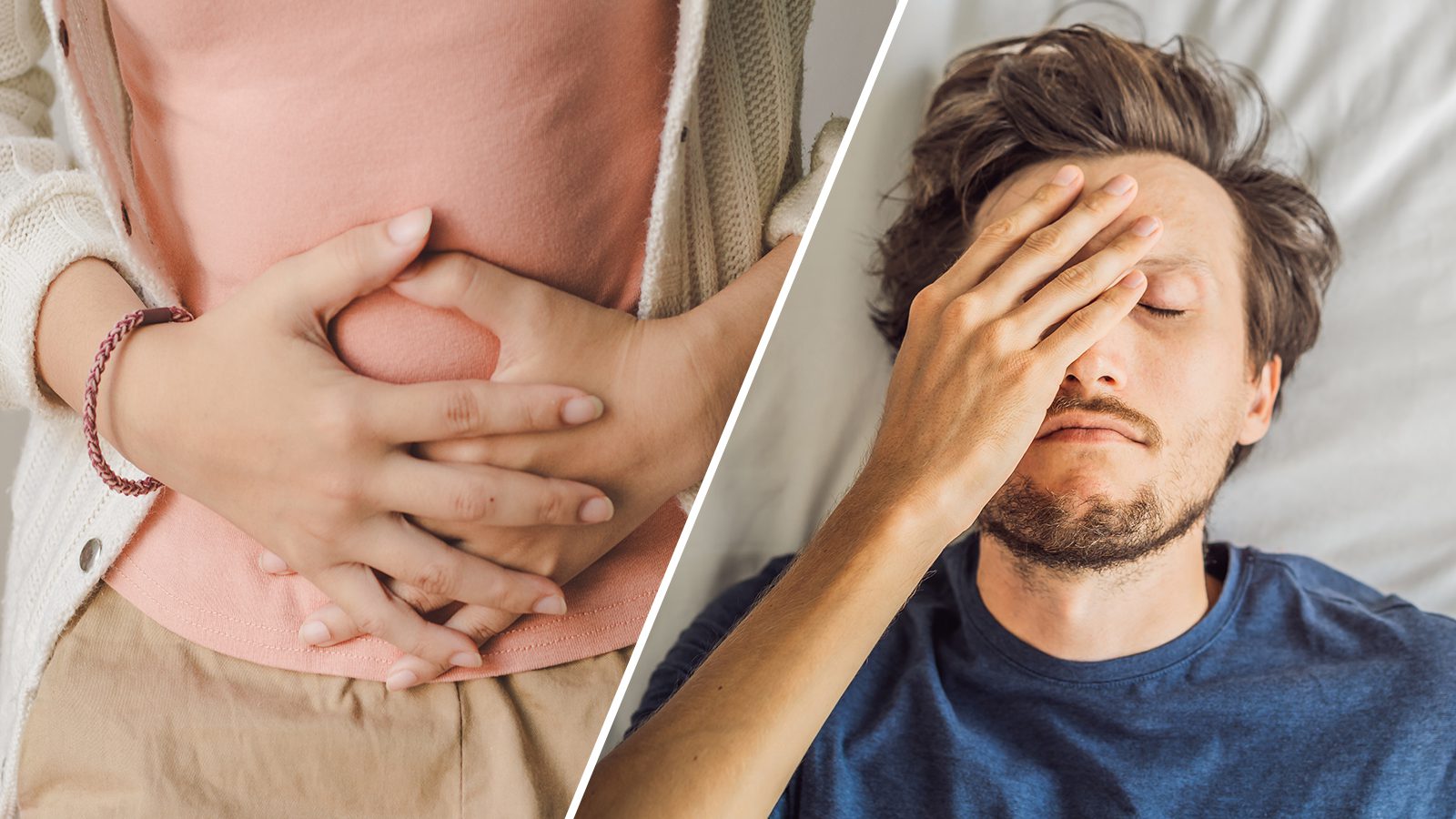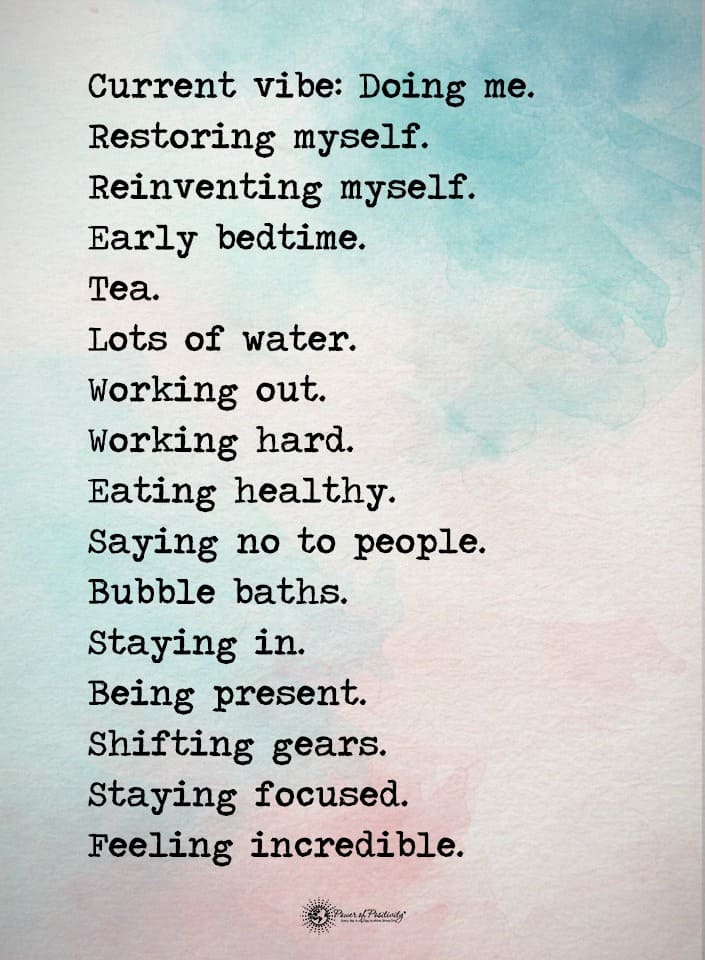A metabolism hangover can leave you feeling drowsy. Sometimes it reflects your health and fitness levels. But it can also occur because of other issues, like eating too much sugar or unhealthy foods.
Many people experience a metabolism hangover because of the foods they eat. Your body reacts differently depending on your food choices, potentially affecting your productivity. It makes it hard to focus throughout the rest of the day.
Sometimes your metabolism hangover isn’t the result of what you eat. Instead, it could signify a health concern.
While it might ease with some dietary changes, that’s not always the case. It could reflect an underlying health issue that needs professional treatment. Understanding the potential causes of a metabolism hangover can help you address the problem and feel better.
What is a Metabolism Hangover?
A metabolism hangover is often referred to as a “food coma” because it can make you feel like you need a nap shortly after eating. The scientific term for it is postprandial somnolence, and the experience indicates how hard your body must work to digest food. It typically occurs thirty to sixty minutes after eating.
You might notice it occurs when you eat something sweet or consume a heavy meal for lunch. It’ll likely make you feel great for a while, but you suddenly feel like you need a nap. It’s common, but you don’t have to experience it all the time.
Signs of a Metabolism Hangover
Experts indicate that signs of a metabolism hangover often occur after lunch. You may notice the following:
- sudden low energy levels
- struggling to focus
- lethargy
- physical exhaustion
- the urge to take a nap
- unexplainable irritability
- mood swings
- specific food cravings
How it Works
When you eat a meal, your parasympathetic nervous system works to digest the food. It helps produce and release digestive hormones and enzymes, detoxification, and stomach acid. The parasympathetic nervous system also encourages the mechanical churning of the foods you eat.
When these functions don’t occur as expected, it could lead to irregular fluctuations in your blood sugar and blood pressure. Overeating carbs or taking in too much sugar can lead to a crash after eating, making you feel overly tired.
Food coma often occurs due to the blood pressure drop after your meal. It signifies dysfunction of your nervous system because it means blood floods the vascular system of your digestive tract. This issue leads to fatigue, dizziness, and sometimes fainting if you can’t lie down.
While increased blood flow to the digestive tract is expected immediately after meals, your nervous system typically maintains the balance. However, when a metabolism hangover occurs, the system can’t keep up with the blood flow.
Ten Causes of a Metabolism Hangover
The foods you eat might contribute to a metabolism hangover, but that’s not always the case. Understanding all the potential causes can help you identify what causes you to feel that way.
1 – Your Digestive System Uses Lots of Energy
You might feel sluggish after eating because your digestive system works harder. Your small and large intestines use lots of energy to burn calories.
If your meal contains lots of calories, it could cause your digestive system to deplete your body of energy. Your body’s energy focus shifts to the digestive system, and the rest of your body relax.
It makes you feel drowsy and unable to focus on your tasks. Spicy foods can cause this issue, too. Your body uses more energy than usual to digest spicy food.
2 – Eating High Amounts of Carbohydrates
Eating rice, potatoes, or bread for lunch can make you feel tired afterward. The high amounts of high-glycemic index carbohydrates trigger the release of too much insulin. Your body will store the sugar as glycogen, causing a drop in your blood sugar level.
3 – Lacking Nutrients
Nutrient deficiency can make it hard for your body to process the foods you eat. If your body can’t process the nutrients from foods, you won’t gain energy from them, making you feel drowsy after eating. You might notice undigested food in your feces if this is an issue.
4 – Diseases or Disorders with Low Blood Pressure
Some disorders or diseases can cause you to feel tired after a meal, including Parkinson’s disease. Sometimes, low blood pressure and sleepiness after meals are early signs of the disease. It occurs before the tremors, walking changes, and other effects.
Low blood pressure and drowsiness after meals are indicators of neurological stress. It signifies changes in dopamine function and hints at higher oxidative inflammation.
Other disorders can cause low blood pressure and make you feel sluggish after eating, including:
- adrenal insufficiency
- diastolic heart failure
- postural orthostatic tachycardia syndrome
- multiple sclerosis
- other autonomic nervous system disorders
Diseases and disorders causing low blood pressure can make you feel tired after eating because the effort of digestion overwhelms the system. Your blood pressure is already low, and digestion leads to debilitating fatigue.
5 – Eating Sugar
Your body reacts to what you eat, whether healthy or unhealthy. If you eat too many sweets, you’ll likely feel tired afterward. Too much sugar triggers serotonin, making you feel sleepy and like you can’t keep your eyes open.
6 – Food Allergies or Intolerance
You might have food allergies or intolerance if you feel tired after eating specific foods. Other symptoms you may notice include diarrhea, constipation, and allergic reactions. Try avoiding the food you think causes your symptoms and see if you have more energy after meals.
7 – Not Getting Enough Exercise
If you sit most of the day or have an inactive job, it could deplete your energy. Physical activity can make you feel more energetic, even after heavy meals.
8 – Being Overly-Stressed
Being overly stressed can make you feel tired after eating. When you’re already mentally and emotionally tired from stress, it can deplete your energy.
Then, when your body begins digesting a meal, you feel even more depleted. It leads to you craving a nap and struggling to focus.
9 – Diabetes
If you have diabetes, your body doesn’t produce insulin properly, disrupting the regulation of blood sugar levels. When it isn’t properly regulated, it isn’t stored as glycogen or transformed into glucose. This situation can cause your blood sugar to spike, causing fatigue and other issues, including headache and dizziness.
Type 1 and Type 2 diabetes can also lead to a drop in blood pressure after meals because of autonomic nervous system injury. The injury can occur because of excess sugar intake or autoimmune inflammation.
10 – Dumping Syndrome
Dumping syndrome can occur after gastric bypass surgery because of changes in gut motility. It can also happen without surgery, but it isn’t as common.
Dumping syndrome causes rapid food movement from the stomach into the small intestine. When this happens, it causes a sudden blood sugar drop, leading to fatigue. You might also feel weak or faint, and it can also cause diarrhea.
How to Avoid a Metabolic Hangover
If you experience frequent metabolism hangovers, you can improve the situation. You don’t have to live with the feeling each day, and making some changes can help you.
Address Your Eating Habits
Evaluating and addressing your eating habits is one of the best things you can do to avoid a metabolic hangover. For starters, the size of your meal can make a difference.
If you load up on large portions of unhealthy food, you’re more likely to feel tired. Reduce the portion size of your meal if there aren’t any healthy options available.
When you’re eating healthy foods, you aren’t as likely to feel tired after, and you can eat more. If you want a large meal, aim to choose nutritious options that aren’t full of carbohydrates or sugar.
Consider the snacks you eat because many snacks are full of sugar and carbohydrates, contributing to your fatigue. Some healthy options for meals and snacks that can help you avoid feeling tired after eating include:
- vegetables
- fruits
- whole wheat bread, pasta, crackers, and brown rice
- eggs
- chicken breasts
- chickpeas
- tofu
- tuna
- turkey breast
- mushrooms
Drink More Water
You might want an alcoholic beverage or coffee, but water is the better option. Alcohol isn’t a good idea because it is a sedative, making you feel more tired than before.
Coffee is known to make you stay awake, but it can do the opposite. It blocks adenosine, a chemical that regulates your sleep-wake cycle. Additionally, putting sugar in your coffee can cause a crash after you enjoy your cup.
On the other hand, water will keep you hydrated, helping you feel more alert throughout the day. Dehydration can make you feel tired, so choosing water as your beverage of choice can make a difference.
Stay Active
Staying active during the day promotes blood flow, preventing you from getting tired. Regular exercise is the best option, but adjusting your day can help too. Consider the following ideas:
- walking to and from work
- using the stairs instead of elevators
- stretching mid-day after sitting for a while
- doing jumping jacks in your office
Final Thoughts on Causes of a Metabolism Hangover
Experiencing a metabolism hangover can interfere with your productivity and well-being. Understanding the potential causes can help you address the issue and start feeling better.
Sometimes feeling better and avoiding food coma takes only a few changes to your diet. However, it could stem from a disease, disorder, or other health condition. If changing your diet doesn’t help, visit a professional for advice and possible treatment options.




















